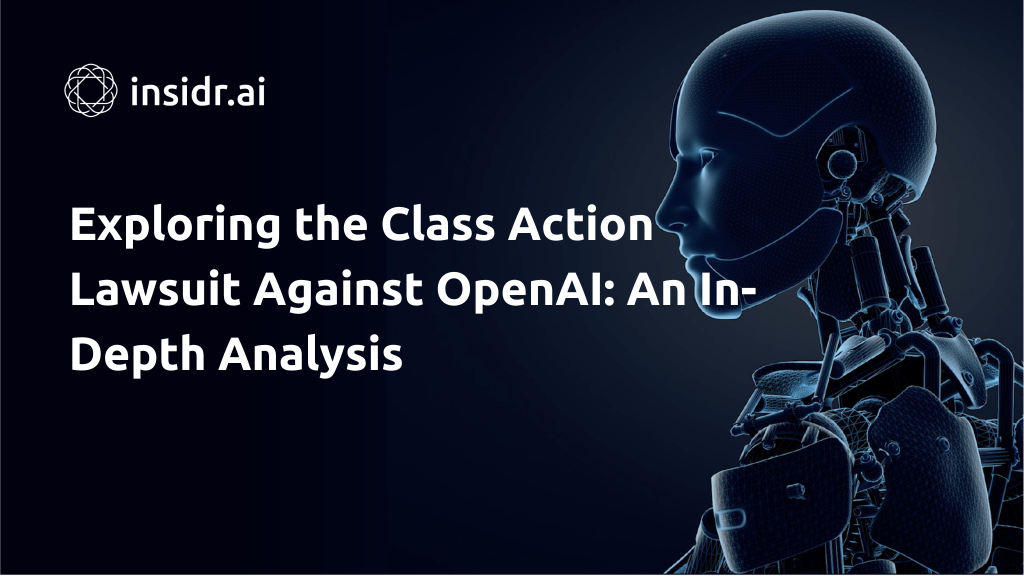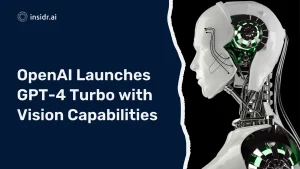
OpenAI, a renowned organization in the field of artificial intelligence (AI), has recently found itself entangled in a class action lawsuit.
This legal battle has captured the attention of the tech industry and AI enthusiasts worldwide.
In this article, we will delve into the details of the class action lawsuit against OpenAI, its implications, and the potential outcomes that may shape the future of AI.
Understanding the Class Action Lawsuit
The class action lawsuit filed against OpenAI raises significant questions about the accountability and transparency of AI models.
The plaintiffs allege that OpenAI’s AI system, which includes the language model GPT-3, produced biased and misleading information, leading to harmful consequences for various individuals and businesses.
The Implications of the Lawsuit
Accountability and Responsibility in AI
The lawsuit highlights the pressing need for clear guidelines and accountability measures when developing and deploying AI technologies.
As AI systems become increasingly complex and autonomous, it is crucial to ensure that they operate ethically, transparently, and without causing harm.
Bias and Discrimination in AI Systems
Allegations of bias and discrimination in OpenAI’s AI models shed light on the broader issue of bias embedded within AI algorithms.
It is imperative to address these concerns to ensure fair and unbiased outcomes in AI-generated content and decision-making processes.
Trust and Public Perception
The lawsuit could potentially impact public trust in AI technologies and organizations like OpenAI.
Building and maintaining trust is crucial for the widespread adoption of AI, and addressing the concerns raised in this lawsuit will play a vital role in shaping public perception.
Potential Outcomes:
Enhanced Transparency and Disclosure
To regain public trust, OpenAI might adopt measures to enhance the transparency and disclosure of its AI models.
This could involve making the inner workings of their models more accessible, sharing information about training data sources, and implementing mechanisms for external audits.
Ethical Guidelines and Industry Standards
The lawsuit could prompt OpenAI to establish stricter ethical guidelines and contribute to the development of industry-wide standards for AI systems.
These guidelines would aim to address bias, ensure fairness, and prioritize the responsible use of AI in various domains.
Legal Precedents and Regulations
The outcome of this class action lawsuit could set legal precedents for future AI-related litigations.
It may also lead to the introduction of regulations specifically tailored to the development, deployment, and use of AI technologies to safeguard against potential harm.
Conclusion
The class action lawsuit against OpenAI serves as a wake-up call for the AI industry, emphasizing the need for transparency, accountability, and unbiased AI systems.
This legal battle has significant implications for the future of AI, urging organizations to prioritize ethical practices, fairness, and responsible innovation.
By addressing the concerns raised in this lawsuit, the industry can foster public trust, encourage widespread adoption, and shape a future where AI benefits society as a whole.
Discover More AI Tools
Every week, we introduce new AI tools and discuss news about artificial intelligence.
To discover new AI tools and stay up to date with newest tools available, click the button.
To subscribe to the newsletter and receive updates on AI, as well as a full list of 200+ AI tools, click here.







